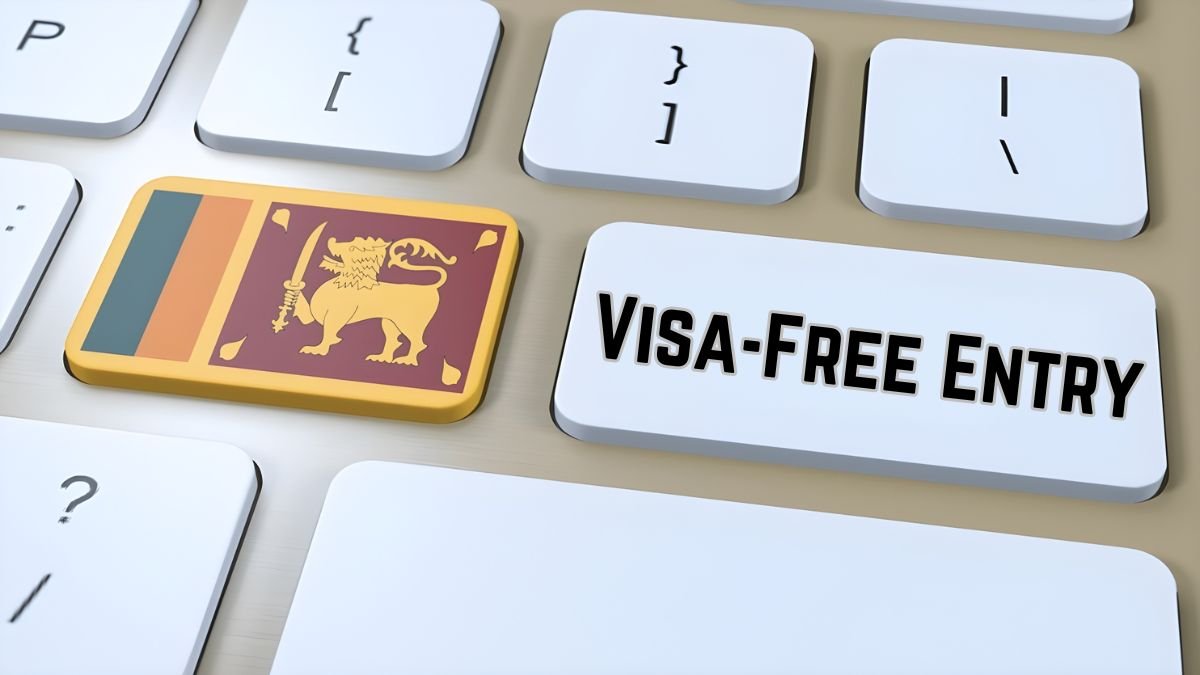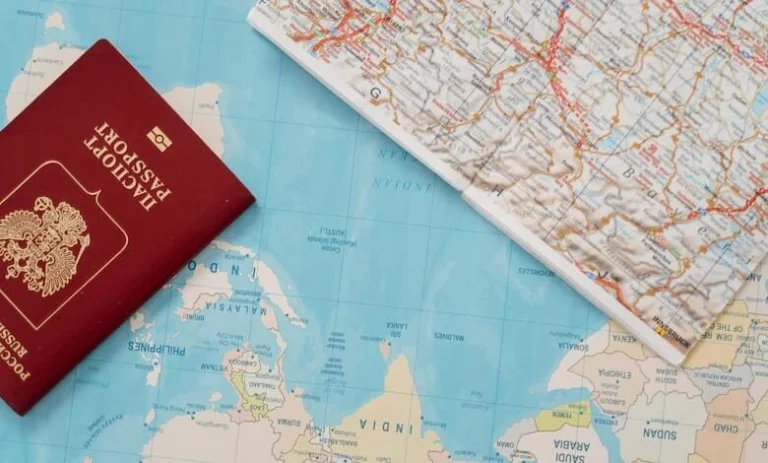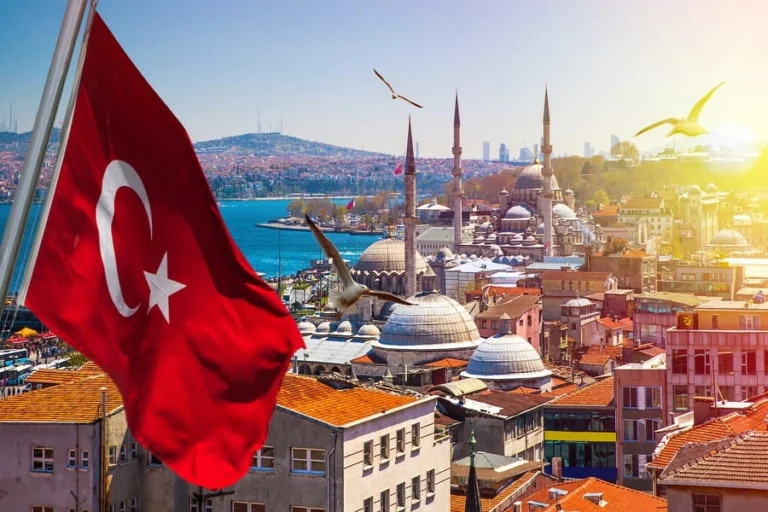If your Sri Lanka visa was denied, review common reasons like incomplete paperwork or lack of funds. Different visas, from ETA to business visas, suit various purposes. Prepare essential documents like passport and forms meticulously. Before an interview, make sure you have travel insurance and research potential questions. Explore solutions if denied like appealing or seeking legal help. Understand how visa extensions work for a successful re-application. Knowing these details is crucial for a smoother visa process.
Key Takeaways
- Review visa application requirements thoroughly.
- Seek assistance from visa consultants for reapplication.
- Understand reasons for denial to address shortcomings.
- Consider appealing the decision with proper documentation.
- Explore alternative visa options if necessary.
Common Reasons for Visa Denials
Understanding common reasons for visa denials can help you avoid potential issues when applying for a Sri Lanka visa. One of the primary reasons for visa denials is incomplete documentation. Make sure all required forms and supporting documents are accurately filled out and submitted.
Another common reason is insufficient funds. Confirm you have enough financial resources to cover your stay in Sri Lanka.
If your visa application is denied, you may have the option to appeal the decision. Having a good grasp of the appeal process is important. Visa consultants or legal assistance can guide you through this procedure. They can help you prepare a strong case to present to the authorities.
In some cases, reapplying with additional information or clarifications might be a successful strategy. Before reapplying, analyze the reasons for the initial denial and address any issues. Visa consultants can also assist in developing effective reapplying strategies tailored to your situation.
Types of Sri Lanka Visas Available
Let’s start by looking at the different types of visas available when planning your trip to Sri Lanka.
You’ll learn about the various visa options, the application process, and common reasons why visas may be denied.
Understanding these key points will help you navigate the visa requirements effectively.
Visa Types Overview
Explore the various types of visas available for travel to Sri Lanka. When considering a trip to Sri Lanka, it’s crucial to understand the different visa options to guarantee you meet the visa requirements and eligibility criteria.
The Electronic Travel Authorization (ETA) is commonly used for short visits, such as tourism or business purposes, allowing a stay of up to 30 days.
For those looking to visit friends or family, the Tourist Visa is suitable, permitting stays of up to 90 days.
If you plan to engage in business activities or attend conferences, the Business Visa is the appropriate choice.
Additionally, the Transit Visa is ideal for travelers passing through Sri Lanka to another destination.
Understanding the specific purpose of your visit will help determine the most suitable visa type for your needs.
Make sure to review the visa requirements and your eligibility before applying to guarantee a smooth and successful visa process.
Visa Application Process
Discover the range of visa options available for travel to Sri Lanka by exploring the different types tailored to suit various purposes such as tourism, business, visiting friends or family, and transit.
When applying for a Sri Lanka visa, it’s important to take into account the visa application timing and visa processing fees to guarantee a smooth process.
Here are some key points to keep in mind:
- Visa Application Timing: The timing of your visa application is significant as processing times can vary. It’s advisable to apply well in advance of your intended travel date to allow for any unforeseen delays.
- Visa Processing Fees: Different types of Sri Lanka visas come with varying processing fees. Make sure to check the current fee structure and have the necessary funds ready when submitting your application.
- Visa Types: Depending on your purpose of visit, choose the appropriate visa type to ensure a successful application process and entry into Sri Lanka.
Common Denial Reasons
Understanding the types of Sri Lanka visas available is crucial to prevent common denial reasons during the application process. Common mistakes that lead to visa denials include incomplete applications, insufficient supporting documents, and providing false information. To learn more about why visas get denied, check SRI LANKA VISA DENIED and review the SRI LANKA VISA REQUIREMENTS for a smoother application experience.
To avoid these issues, make sure all required fields are completed accurately and double-check that you have all necessary paperwork, such as a valid passport, proof of accommodation, and a return ticket.
If your Sri Lanka visa application is denied, don’t panic. You have the option to appeal the decision. To do so, carefully review the rejection letter to understand the reasons for denial and gather any additional information or documents that may support your case.
If you decide to reapply, consider adjusting your application based on the feedback received and provide any missing or updated documentation. By learning from common denial reasons and utilizing the appeal process or reapplying strategies, you can increase your chances of obtaining a Sri Lanka visa successfully.
Essential Documents for Visa Application
To apply for a Sri Lanka visa, you’ll need to gather essential documents required for the application process. Making sure you have all the necessary paperwork in order is vital for a smooth visa application procedure. Here are some key items you should include in your document checklist:
- Document Checklist: Prepare a detailed list of all the documents required for your Sri Lanka visa application. This may include your passport, visa application form, photographs, proof of accommodation, travel itinerary, and financial statements.
- Visa Interview: Be prepared for a potential visa interview as part of the application process. Practice common interview questions and ensure you present yourself professionally and confidently.
- Application Requirements: Familiarize yourself with all the specific application requirements outlined by the Sri Lanka visa authorities. Meeting these requirements accurately is crucial for a successful visa approval.
Gathering these essential documents and meeting the application requirements will increase your chances of a smooth visa application process and eventual approval.
Tips for a Successful Visa Interview
To ace your Sri Lanka visa interview, remember that preparation is key.
Make sure to exude confidence during the interview as it can make a significant difference.
Preparation Is Key
Have you gathered all necessary documents and practiced your responses to common interview questions for a successful visa interview? Preparation is key when it comes to securing a Sri Lanka visa. Here are some essential tips to help you ace your visa interview:
- Travel Insurance: Make sure to have valid travel insurance that covers the duration of your stay in Sri Lanka. Showing your commitment to a safe and secure trip.
- Language Proficiency: Brush up on your English skills, as most visa interviews are conducted in English. Being able to communicate effectively will leave a positive impression on the visa officer.
- Research Common Questions: Familiarize yourself with common visa interview questions such as the purpose of your visit, your ties to your home country, and your travel itinerary. Practice your responses to these questions to appear confident and well-prepared.
Confidence Matters Most
The key to acing your visa interview is exuding confidence throughout the process. Self-confidence plays an essential role in how the visa officer perceives you. Remember, you’re qualified, prepared, and deserving of this opportunity.
Approach the interview with a positive mindset, knowing that you have done everything in your power to meet the requirements. Your self-assured demeanor won’t only showcase your readiness but also instill trust in the visa officer’s decision.
Perseverance is another critical trait to demonstrate during the interview. If you stumble on a question or face a challenging moment, stay composed and resilient. Show that you can handle pressure with grace and that you’re genuinely invested in the outcome.
Your ability to navigate unexpected situations with determination can leave a lasting impression on the interviewer.
Communication Is Crucial
Maintaining clear and effective communication during your visa interview is paramount for a successful outcome. When preparing for your interview, keep the following tips in mind:
- Be Prepared: Familiarize yourself with your visa application details and be ready to discuss them confidently.
- Stay Calm and Focused: Nervousness is normal, but try to remain composed and attentive throughout the interview.
- Ask for Clarification: If you don’t understand a question, don’t hesitate to ask for clarification to make sure you provide accurate information.
Effective communication can greatly impact the visa approval process. By articulating your intentions clearly and demonstrating honesty, you increase your chances of a positive outcome.
Overcoming Visa Denials: Solutions
If you’ve faced a visa denial, exploring alternative options can help you navigate the situation effectively.
When dealing with a visa rejection, consider initiating an appeal process. This involves formally requesting a review of the decision by providing additional information or clarifications that could potentially change the outcome.
Seeking legal assistance can also be beneficial in such situations. A legal professional with expertise in immigration law can guide you through the appeal process, ensuring that all necessary documents are in order and that your case is presented effectively.
Legal assistance can help you understand the reasons behind the denial and assist in preparing a strong appeal. They can also represent you in discussions with the relevant authorities to argue your case persuasively.
Visa Extension and Renewal Process
To navigate the complexities of extending or renewing your Sri Lanka visa, understanding the application process is key.
When it comes to the visa extension process, make sure you meet the requirements set by the Sri Lankan authorities.
Here are some important points to bear in mind:
- Application Submission: Submit your visa extension application well before your current visa expires to avoid any legal issues or overstaying.
- Documentation: Prepare all necessary documents, such as a valid passport, visa extension application form, and proof of sufficient funds to support your stay.
- Processing Time: Be aware of the processing time required for visa extensions, as it may vary based on the type of visa and current regulations.
For those looking into visa renewal options, understanding the steps involved is essential.
Research the available visa renewal options and follow the necessary procedures diligently.
Frequently Asked Questions
Can I Apply for a Sri Lanka Visa Online?
You can’t apply for a Sri Lanka visa online. You need to visit the consulate for an in-person application. Make sure to have all the necessary paperwork requirements ready for a smooth process.
Are There Any Age Restrictions for Visa Applications?
When applying for a visa, age limits may apply. Make sure you meet the required age criteria for the application. If you’re a minor, you may need parental consent to proceed with the visa process.
Is It Possible to Expedite the Visa Processing Time?
Yes, in emergency situations, you can expedite the visa processing time by utilizing fast track options. These services are designed to help individuals who need their visas processed quickly due to urgent circumstances.
Do I Need to Provide Proof of Travel Insurance?
You need to provide proof of travel insurance for your visa application. It’s one of the essential documentation requirements. If your visa is denied, consider reapplying with proper documentation or opt for expedited processing.
Can I Reapply for a Sri Lanka Visa After a Denial?
If your Sri Lanka visa application gets denied, you can reapply. Check the appeal process to understand your options. Alternatively, consider exploring alternative destinations for your travel plans. Keep your documents ready for a smoother process.
Conclusion
So, if you find yourself facing a denied Sri Lanka visa, don’t panic. Understand the common reasons for denial, gather all necessary documents, and prepare for a successful interview.
If your visa is still denied, explore alternative solutions and consider applying for a visa extension or renewal. Stay informed and proactive throughout the process to increase your chances of successfully obtaining a visa to visit beautiful Sri Lanka.
Good luck!






